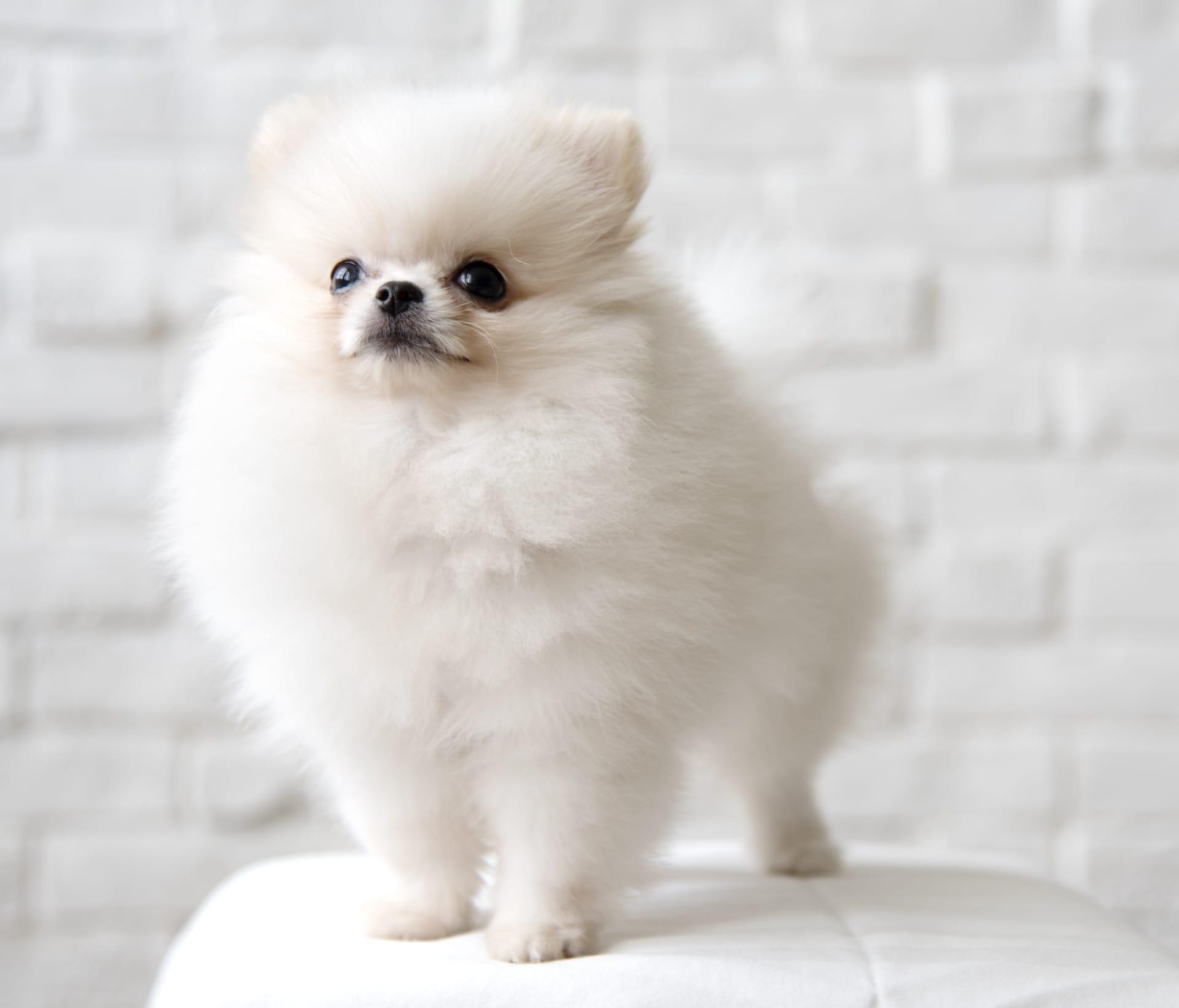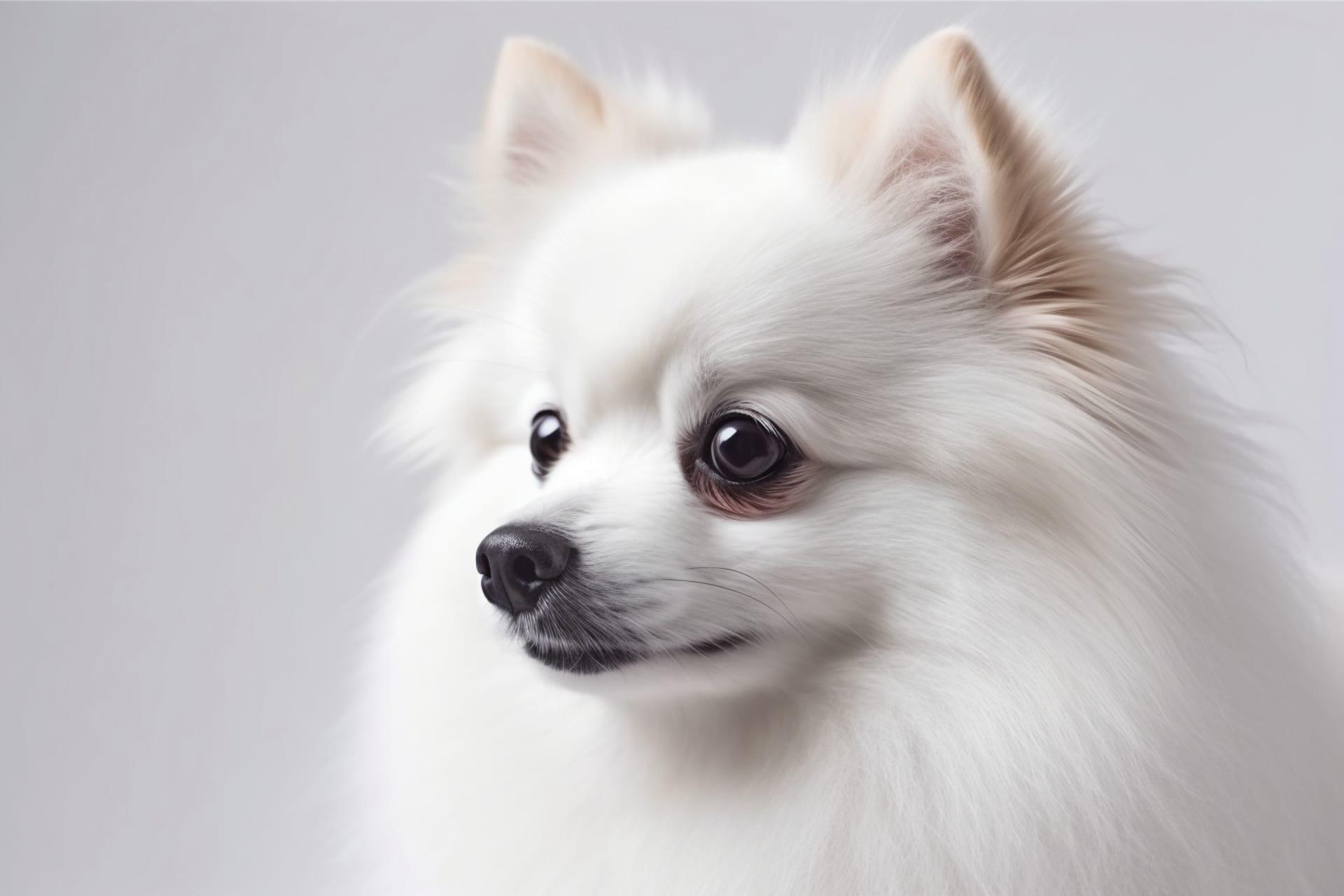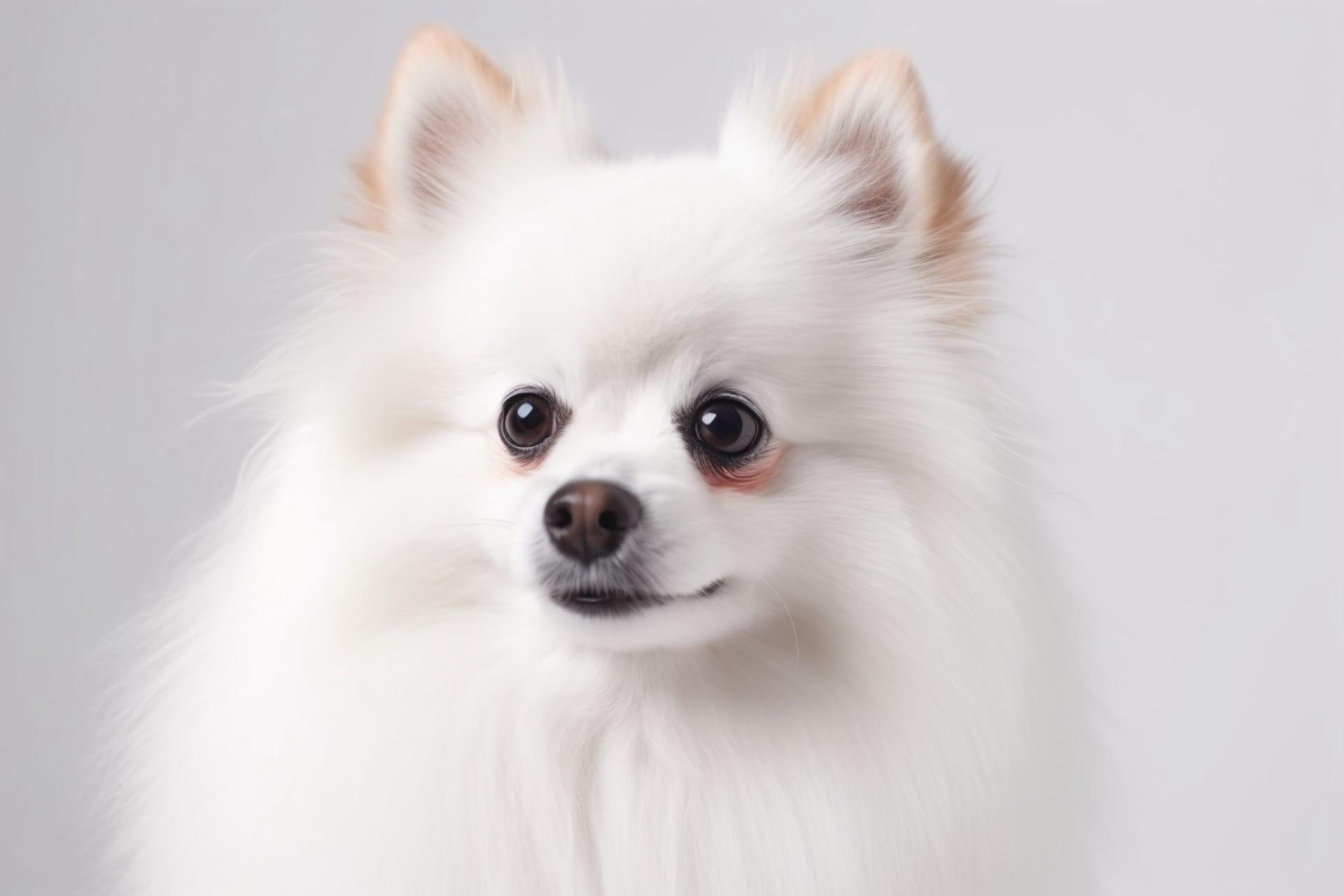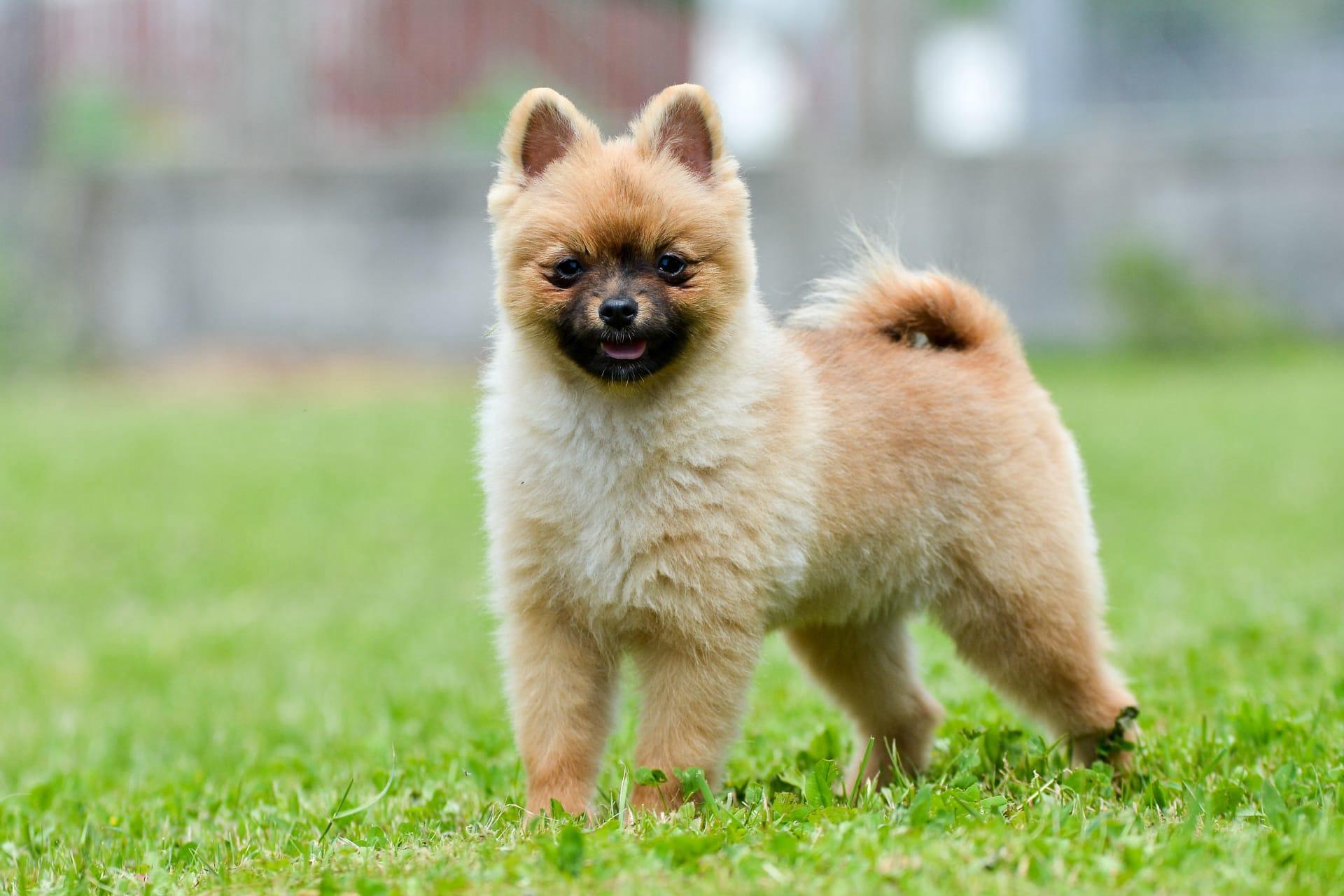Pomeranian Characteristics
- Home /
- Mini Encyclopedia /
- Animal /
- Pomeranian Characteristics
1
Pomeranians are small but sturdy dogs, captivating hearts with their fluffy coats and expressive faces. They typically weigh between 3 to 7 pounds (1.4 to 3.2 kilograms) and stand about 6 to 7 inches (15 to 18 cm) tall at the shoulder. Despite their diminutive size, Pomeranians are known for their bold and lively personalities. These little dynamos have a lifespan that can stretch from 12 to 16 years, sometimes even longer with proper care and a healthy lifestyle, making them long-term companions for their human families.
One of Pomeranians' most distinctive organs is their thick, double coat. This luxurious fur consists of a soft, dense undercoat and a longer, harsher outer coat. It's not just for show; this double layer plays a crucial role in regulating their body temperature and protecting their skin. In colder climates, the undercoat provides insulation, retaining heat close to the body. During warmer seasons, the outer coat helps shield them from the sun's rays and can trap a layer of cooler air near the skin. Regular grooming is essential to maintain the health and functionality of their coat, preventing matting and ensuring the skin can breathe.

2
Question: What's the most effective way to train a Pomeranian?
Answer: Training a Pomeranian requires patience, consistency, and positive reinforcement. These intelligent dogs respond best to training sessions that are short, engaging, and fun. Using treats and praise to reward desired behaviors works wonders in motivating them. Due to their sensitive nature, harsh methods or negative reinforcement can be counterproductive, leading to fear or stubbornness. Establishing a routine and setting clear boundaries from an early age will help inculcate good habits and obedience, making training a rewarding experience for both the Pomeranian and its owner.

3
Pomeranians possess a surprising amount of energy for their size, necessitating regular exercise to keep them healthy and content. A daily routine of short walks combined with playtime is ideal. Their playful nature makes them keen participants in games that challenge both their mind and body, such as fetch or agility training. Despite their zest for activity, it's important to monitor their exertion, especially in hot weather, to prevent overheating.
When it comes to feeding, Pomeranians do well on high-quality dog food, whether commercially manufactured or home-prepared with your vet's supervision. Their small mouths and unique dietary requirements mean that the size and type of kibble matter. Generally, an adult Pomeranian eats about 1/4 to 1/2 cup of dog food daily, divided into two meals. This breed can be prone to obesity, so it's crucial to monitor their food intake and ensure they get a balanced diet tailored to their age, size, and activity level.

4
Pomeranians adapt well to various living environments, thriving in both apartments and houses as long as they have sufficient space to play and explore. They're highly social animals that form strong bonds with their families, often shadowing their owners from room to room. While they can live in most climates, their thick coats make them more susceptible to heat, so providing a cool, shaded area during hot weather is essential for their comfort.
Reproduction in Pomeranians requires careful consideration due to their small size and the potential health risks involved. A female Pomeranian is generally ready to breed after her second heat cycle, usually around 2 years of age. Pregnancy can be challenging for a Pomeranian due to their small stature, with litters typically ranging from 1 to 4 puppies. Responsible breeding practices, including health screenings and ensuring a suitable birthing environment, are crucial to safeguard the well-being of both the mother and her puppies.

5
Book: "The Complete Guide to Pomeranians" by Vanessa Richie is an insightful resource that dives deep into the world of Pomeranians. Published in the United States in the early 21st century, Richie's book covers everything from the breed's history to detailed care instructions. It's a treasure trove of information for potential and current Pomeranian owners, offering practical advice on training, grooming, health care, and feeding requirements to ensure these tiny companions lead happy, healthy lives.
Book: "Pomeranian: Your Happy Healthy Pet" by D. Caroline Coile Ph.D., offers a comprehensive overview of Pomeranian care, behavior, and training. Published in the late 20th century, Coile's work stands out for its in-depth research and accessible writing style. This book serves as an essential guide for anyone looking to understand the unique needs of a Pomeranian, blending scientific insights with practical tips to foster a nurturing and joyful environment for these adorable dogs.